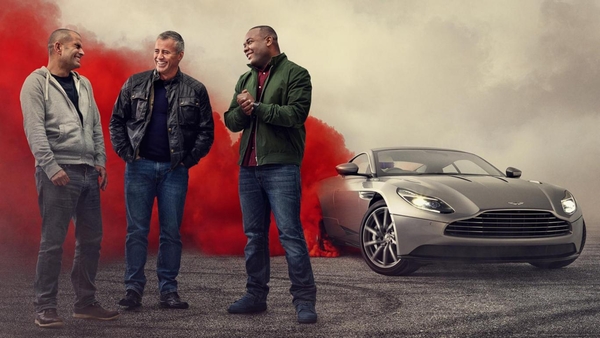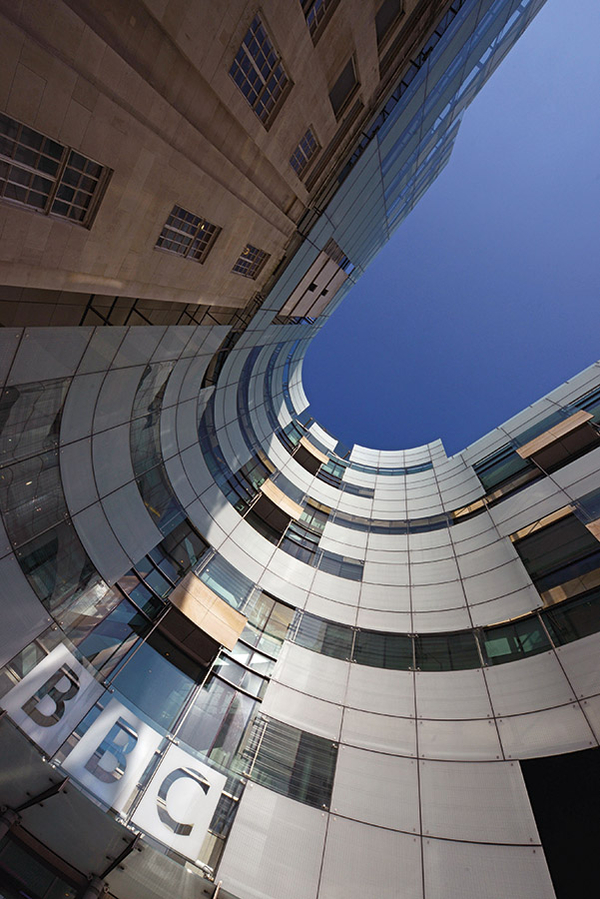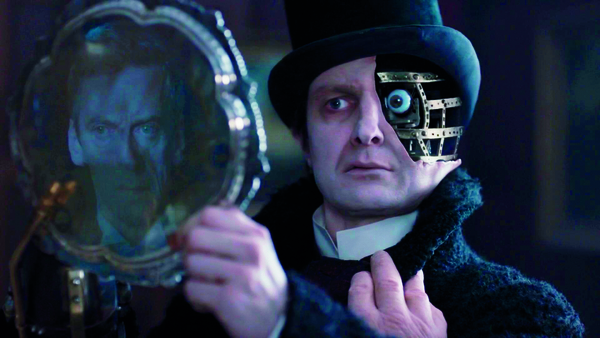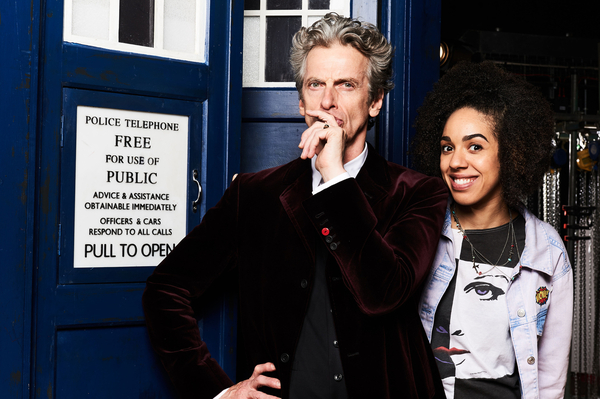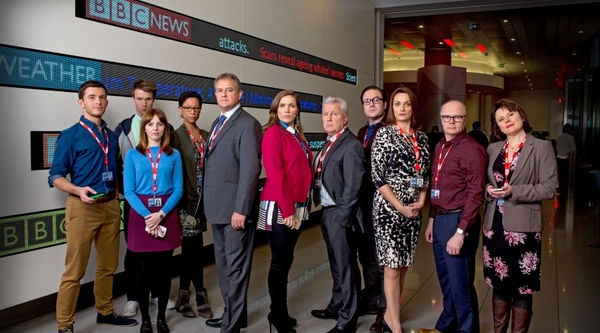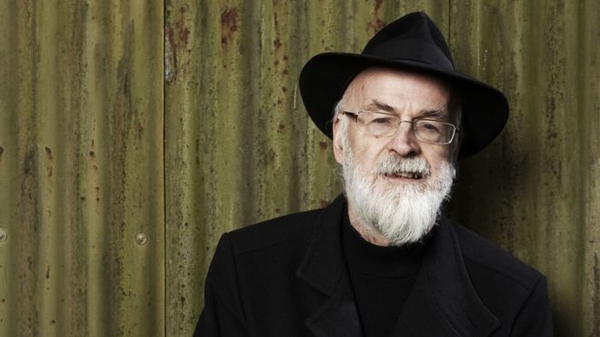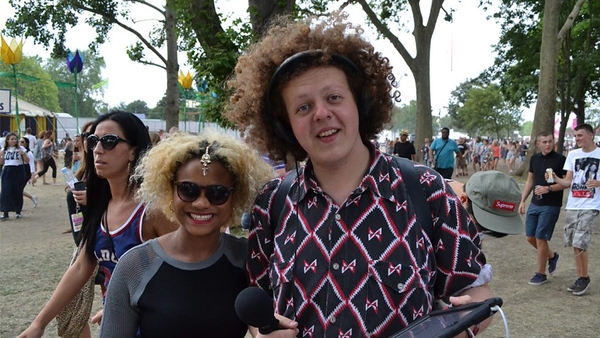Sherlock named world's favourite BBC character
Played by Benedict Cumberbatch, Sherlock has been named the favourite BBC TV character by a third of TV viewers surveyed.
The research was conducted in the lead up to BBC Worldwide Showcase. Over 7000 people aged 18 to 64 from Australia, France, USA, Germany, India, Japan and Mexico were asked to take part in the survey, which identified the most popular BBC TV character and most memorable scene from BBC television.


